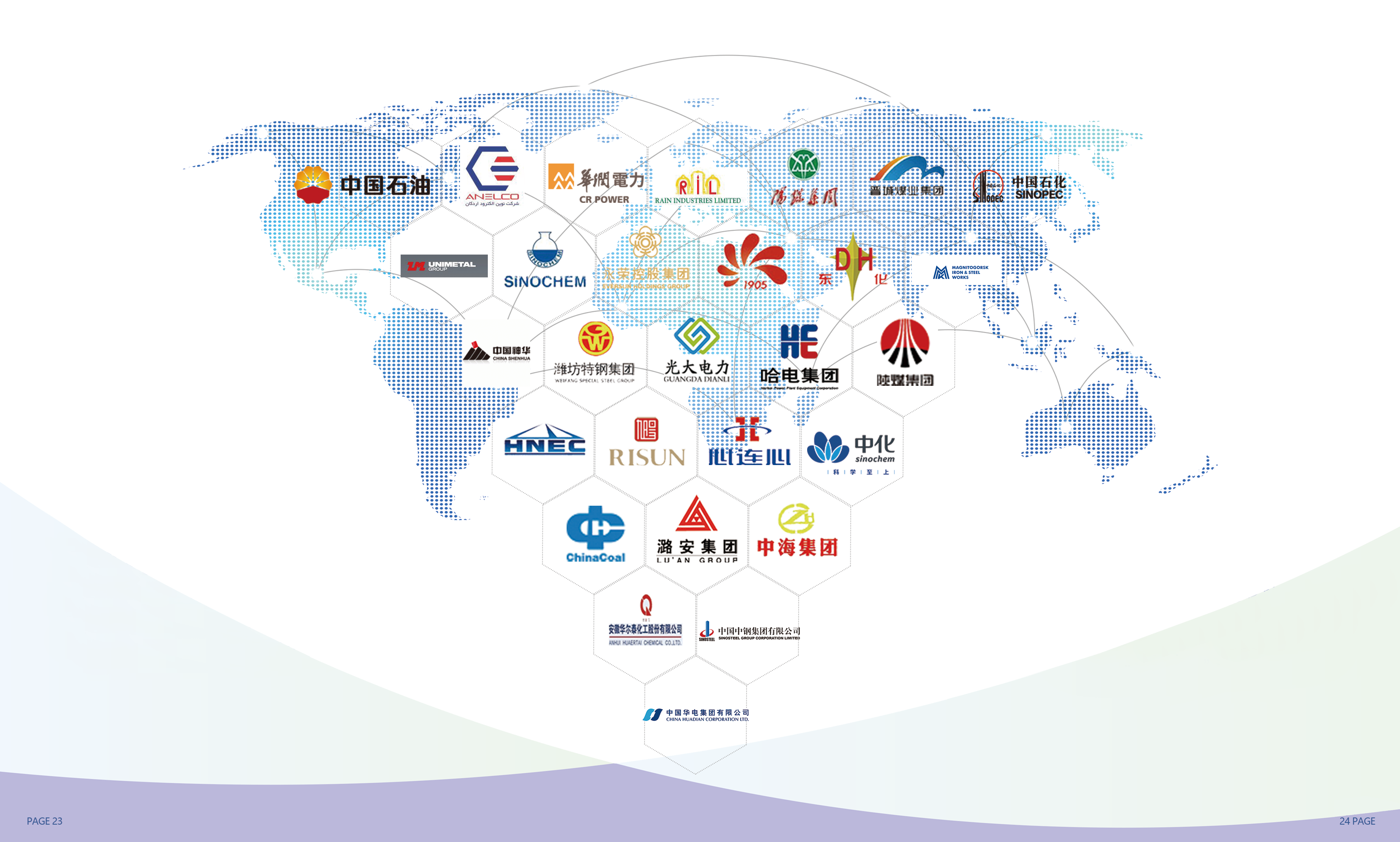desulphurization process
Desulphurization, a key environmental technology, is intended to lessen the sulfur dioxide released from industrial facilities like power plants. It was established by Clean Development Mechanism under Kyoto Protocol. Its most important job is to remove sulfur from gases that are to be released into the air. Technological features include the use of absorption towers where a liquid absorbent, typically limestone slurry, is sprayed in order to produce gypsum by reacting with sulfur dioxide. This method is highly effective and can achieve removal efficiency of more than 90%. Desulphurization is applied in coal-fired power stations, steel mills and other industrial plants wherever sulphur gases are a concern. This process not only helps curb air pollution but likewise produces useful by-products such as gypsum, which can be used in the construction industry.


